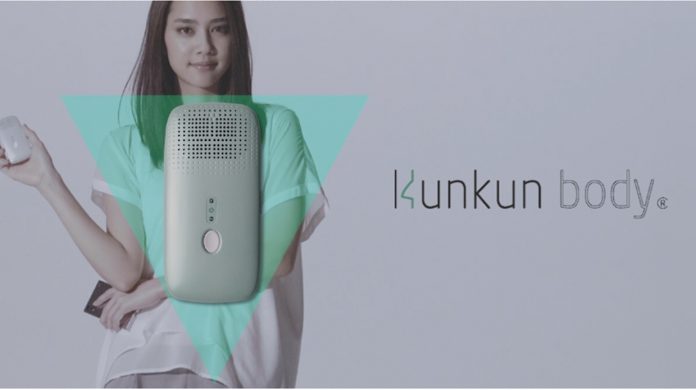‘Sumehara’ denotes the behaviour of office workers who annoy others with their noxious smell.
Body odour is something that turns most people off, but no one speaks about it upfront as it can offend people. In a professional setup in particular, no matter how bothering it may be, people are hesitant to complain and most people simply bear the discomfort trying to be polite and friendly to their co-workers.
Japan literally has a term for sweat harassment, ‘sumehara’, which denotes the behaviour of office workers who annoy others with their noxious smell.
While summers are taking a toll on working professionals here in India as well, Japan has found a solution to its sweaty problems. A Japanese tech company has devised a gadget that allows people to self-test their sweaty exteriors for three categories of smell, thereby letting people know if they need to be concerned about their body odour disturbing others around them.
The pocket-sized detector, which looks like a tape recorder, connects by Bluetooth to a smartphone app that divulges the potentially ominous results in a suitably discreet manner. The company, Konica Minolta, best known for producing cameras and printers, has produced this device called Kunkun Body, which takes its name from the Japanese word for ‘sniff’. It can be used to test for smells in four locations—near the head, behind the ear, under the armpit and around the feet.
The firm strongly believes there is a market for the odour checker in Japan, because people are “particularly sensitive to smell”. It is true, because even in last September, a Japanese news site reported that some firms in the country had declared an all-out war on sumehara. One company even suggested organising “smell care” seminars to educate people on how to control or manage their body odours at work.
One organisation went to the extent of reportedly creating a list of odour regulations for staff amid concerns that poor hygiene could hurt sales. The list included sweaty, chain-smoking salarymen; a colleague doused in perfume; and a guy who ate too much breath-destroying garlic at lunch. Having said that, the idea behind those seminars was to gently teach offenders to change their ways and create a more tolerant office.
Konika’s sweat app, which was just launched in an event in Tokyo last Thursday, does the same but in a more discreet and real-time manner. For instance, if a check behind the ear reveals fairly high readings of sweat smells and middle-fat odours, the app notifies and suggests corrective action—‘Immediate care is needed,’ the app consequently warns in a message on the results page.
In Japan, smell harassment joins a long list of other office complaints, including alcohol harassment (coercing a colleague to drink) and karaoke harassment (forcing someone to sing against their will).
Value our content... contribute towards our growth. Even a small contribution a month would be of great help for us.
Since eight years, we have been serving the industry through daily news and stories. Our content is free for all and we plan to keep it that way.
Support HRKatha. Pay Here (All it takes is a minute)



























